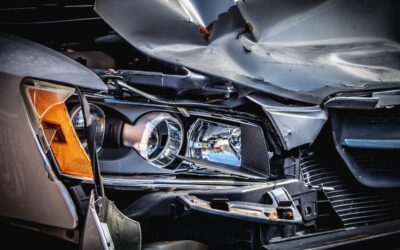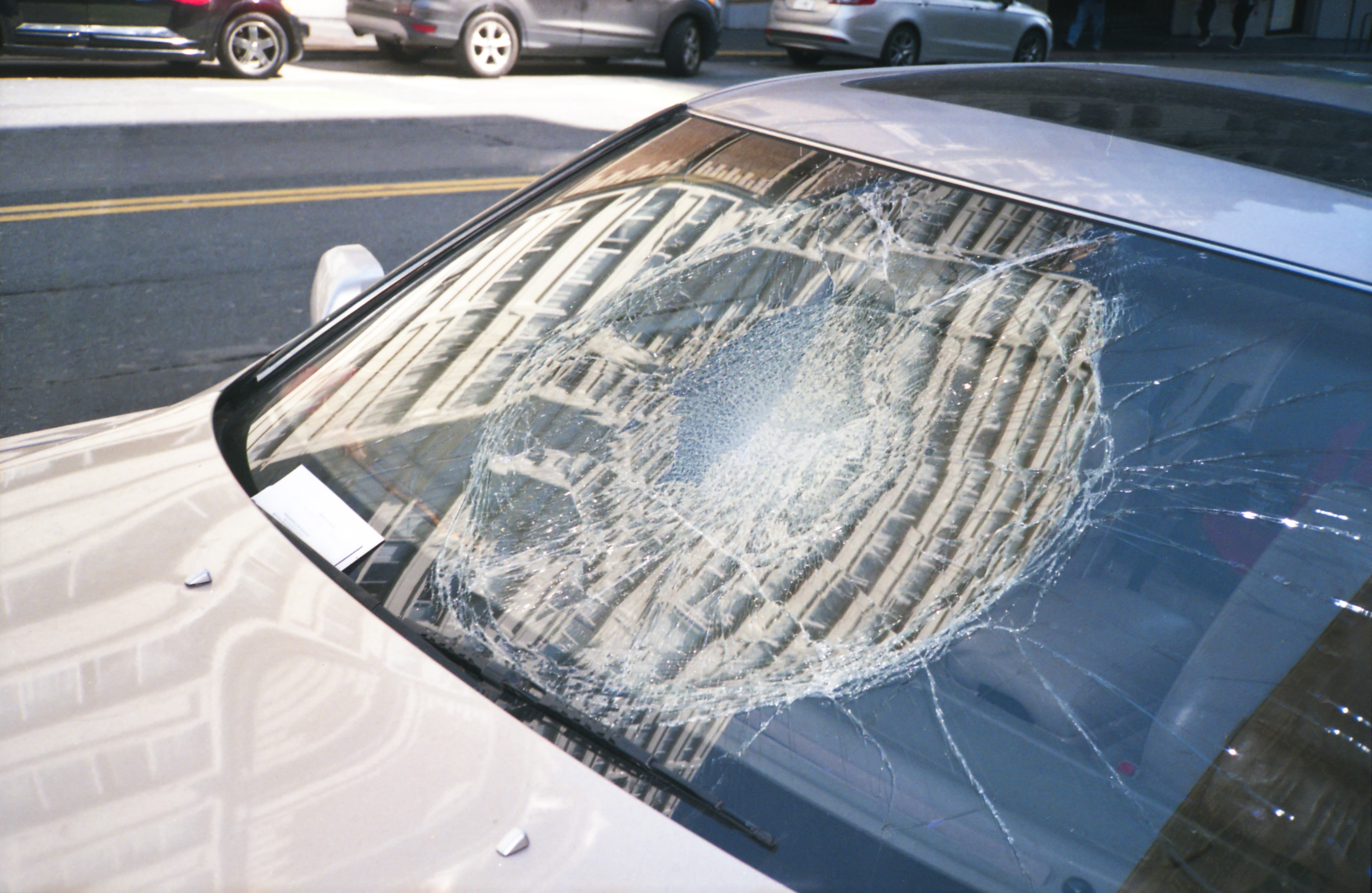Driving a sound vehicle is a great start to keeping you, your family, and other motorists on the road safe. It’s also a bonus that safe and responsible drivers typically pay less for car insurance. Driving safely doesn’t just mean checking all of your mirrors and blind spots. It starts with knowing the do’s and don’ts of car maintenance.
Start with these five tips to keep yourself safe on the road:
Inspect your tires regularly
Your tires can present multiple problems on the road, and if something happens to your tires at the wrong time while driving, you could experience a tire blow out. It’s a good idea to check each one before you get behind the wheel with a simple walk around your car. You should be checking your treads regularly, too—especially before long trips.
This is one of the most underrated do’s and don’ts of car maintenance. Nobody checks tires because cars are sitting on them all the time!
Depending on your tires, you should be able to put a penny in the tread (if you can still find one) and not see the top of Elizabeth II’s head. If you can, it might be time for replacements. Not paying attention to your tire tread may also cause problems in wet or snowy weather, when slipping on the road is more likely to happen.
Also double-check pressure, since that’s what can sneak up on you the fastest. Low pressure can indicate a problem, such as a nail or other object puncturing the tire. But it may also just need some more air, which is the case in all tires after a month or two of use.
You can re-inflate your tires for a few quarters at most gas stations in Ontario. Look for the black air hose off to the side of the building or the parking lot!
Purchase a tire gauge and check for levels when the weather changes. As the air gets hotter or colder, the pressure in tires can increase and decrease. Improper levels can lead to a flat, which is the last thing you need during a morning commute.
It’s nothing to be worried about, as all tires do this. Just keep an eye on them.
Check oil levels regularly
An easy fix for a variety of maintenance problems is to check your oil levels on a regular basis. It’s never a bad thing to do before a long trip and after your car has been idle for an extended period of time (like when you return from vacation).
As your vehicle travels along, friction in the engine creates heat that can cause damage if the engine does not have the proper amount of lubrication. Don’t neglect this! It’s one of the basic do’s and don’ts of car maintenance that can destroy your vehicle if you leave it for too long.
Clean the battery contacts
Leaving work to realize your car battery is dead can be frustrating. Depending on where you’ve parked your car, it can also lead to dangerous situations or road blockages if you cannot start your vehicle.
Sometimes batteries die because you left the headlights on (it happens), but sometimes functionality is interrupted by dirty battery contacts. Clean the contacts on a regular basis using a cleaning brush to remove any corrosion. This will enhance your battery’s life and will help make sure your car always starts.
Who wants to pay $120 for a new battery when the old one works just fine, right? Following these do’s and don’ts of car maintenance can save a few hundred dollars every few years, if you’re diligent!
Replace windshield wipers
There’s nothing worse than driving in the pouring rain with windshield wipers that don’t do their job. Having blurred vision can also lead to accidents and costly damage. Prevent this by replacing your wipers as soon as they become less effective.
You can also make them last longer by:
- Buying wipers with reinforced blades
- Keeping them clean by cleaning your windshield when you stop for gas
- Fold up your wiper blades overnight in snowy and icy conditions
Track gas mileage
Knowing how many kilometers a tank of gas gets you isn’t normally considered preventative maintenance, but it does help you keep an eye on how your vehicle is performing. If you notice a sudden decrease in the number of kilometers you’re getting out of a tank, then you might want to have a mechanic look at your car for an underlying issue.
Tracking mileage will allow you to have a good handle on expenses and also help you catch problems as soon as they arise.
Regularly following these do’s and don’ts of car maintenance will keep your vehicle in tip-top shape for years to come while also limiting the risk of an accident or inconvenience. Keep these tips in mind when you’re buying a car to test that everything works, too!
Want to see what your car costs to insure somewhere else? Get a 3-minute online quote right here. remember: the price you’re quoted is the price you pay.






